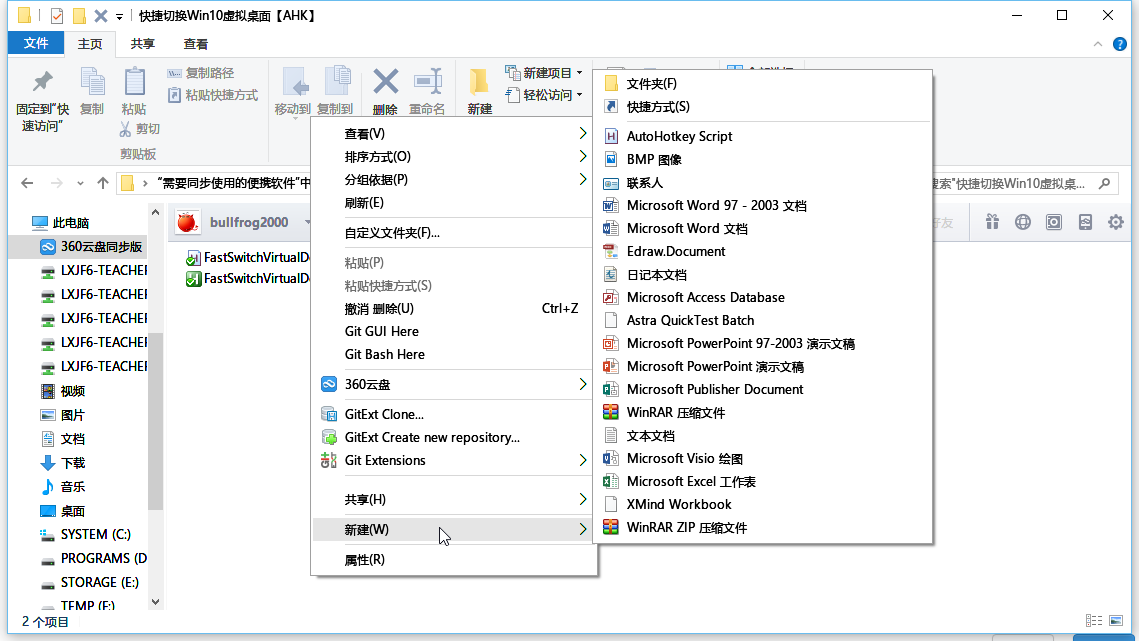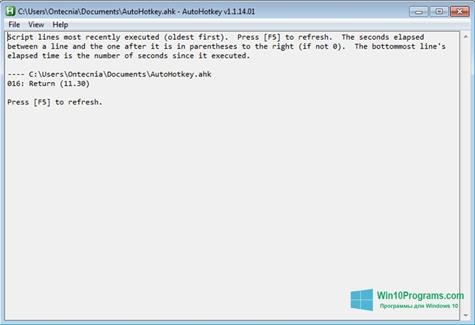


The first line of the logfile contains the script's Version, the date and time that the run began, the full path/name of the input file, and the output folder (the latter may or may not be specified). Success - means the download succeeded (but see Two Important Caveats below)

Logfile (optional) that makes an entry showing the result of processing each line in the input file. In other words, they're comments (helpful for documenting the input file). Ignores lines in the input file with a semi-colon (.Ignores blank (empty/null) lines in the input file (helpful for improving readability).| c:\My Folders\AutoDown Output\test good.pngĪttached is a sample (working) input file. Here's a sample input line with the local file name specified (it may wrap to two lines in this article, but, of course, it is on one line in the input file): Here's a sample input line without specifying the local file name: You may change this via the assignment statement that puts a value in the FieldSeparator variable, but keep in mind that you don't want the StrSplit (string split) function to find the separator in the web address or the local file name. So, the two characters together provide a perfect way to separate the fields. I chose this two-character separator because the vertical bar is invalid in a file name and the space is invalid in a URL. Expects the two fields to be separated from each other with a vertical bar (the "pipe" character) followed by a space.Allows any number of lines in the input file, with each line representing a file to download.The name of the file will be automatically derived from the URL. If the second field is not specified, the downloaded file will be stored in a folder assigned to a variable in the script ( OutputFolder).

The second field (optional) is the full path/name of the local file on the PC to store the downloaded file. The first field (required) is the web address (URL) of the file to download.


 0 kommentar(er)
0 kommentar(er)
